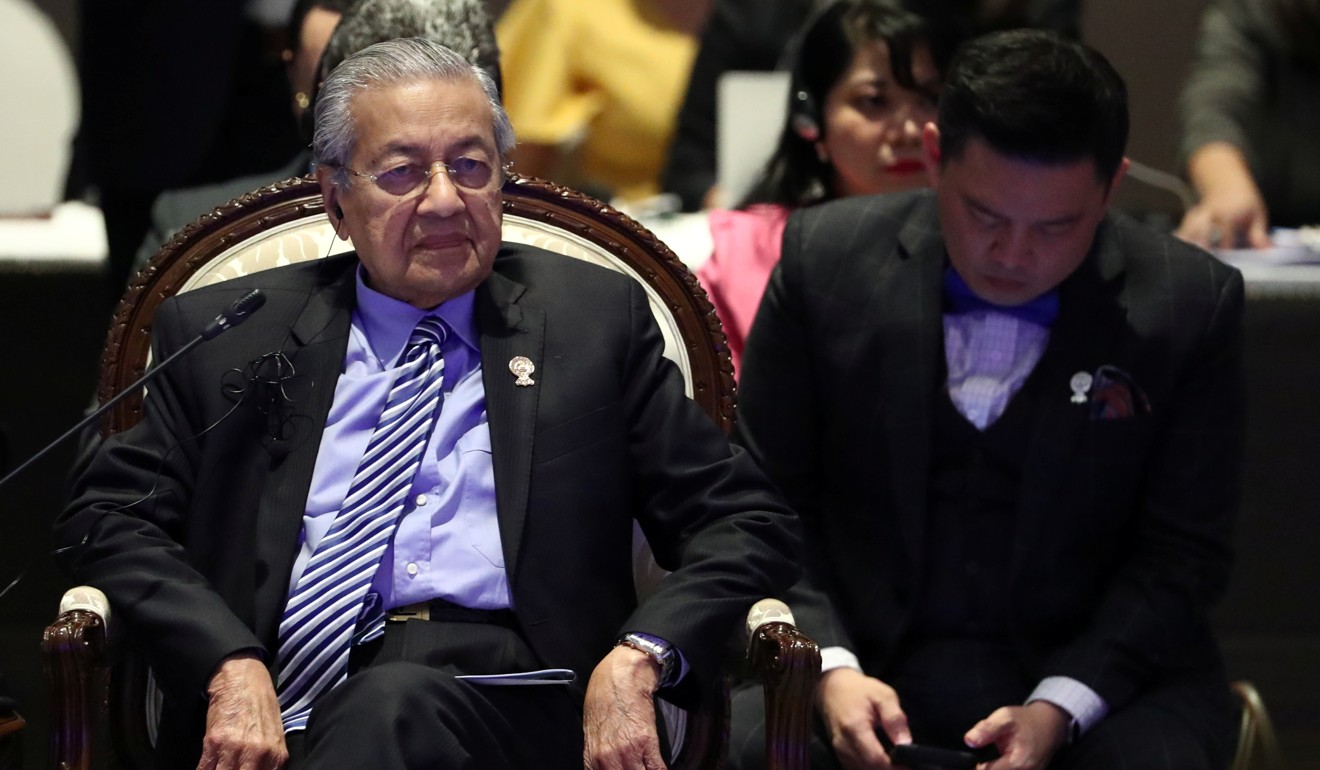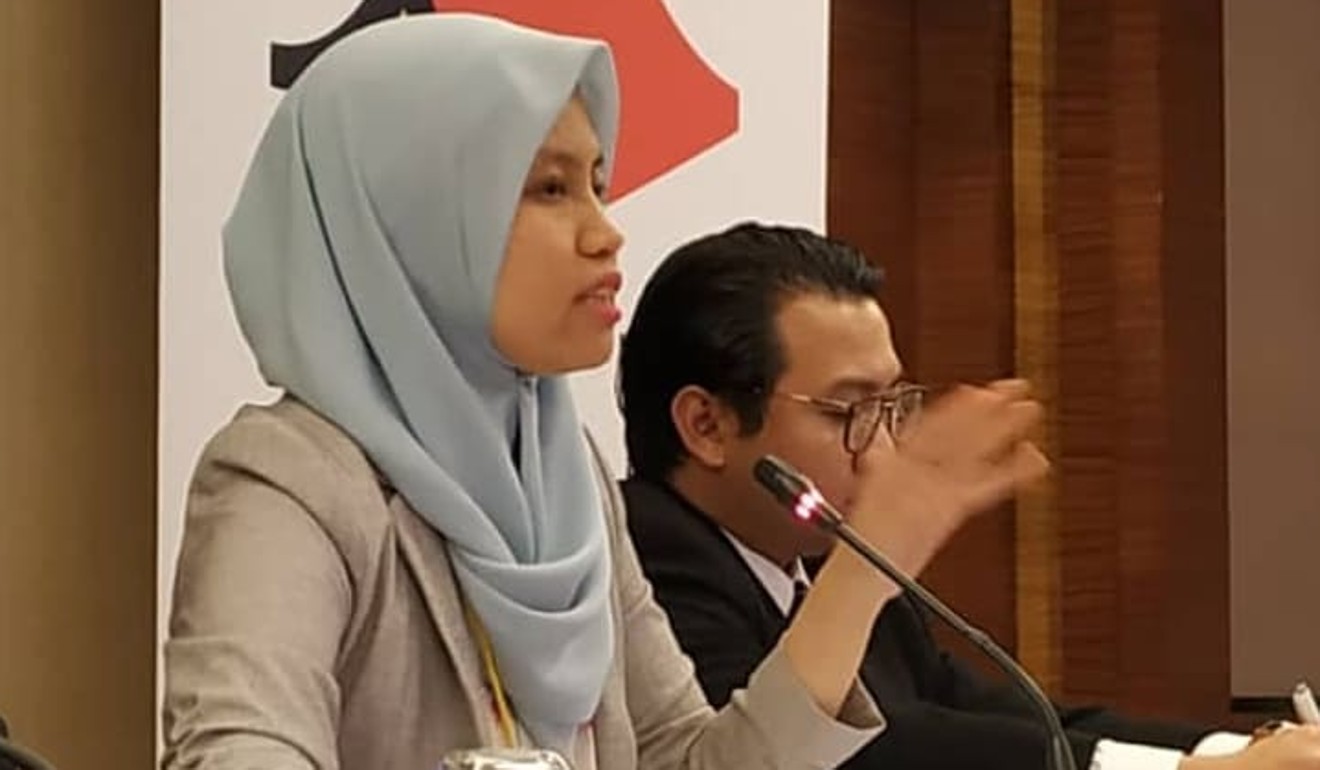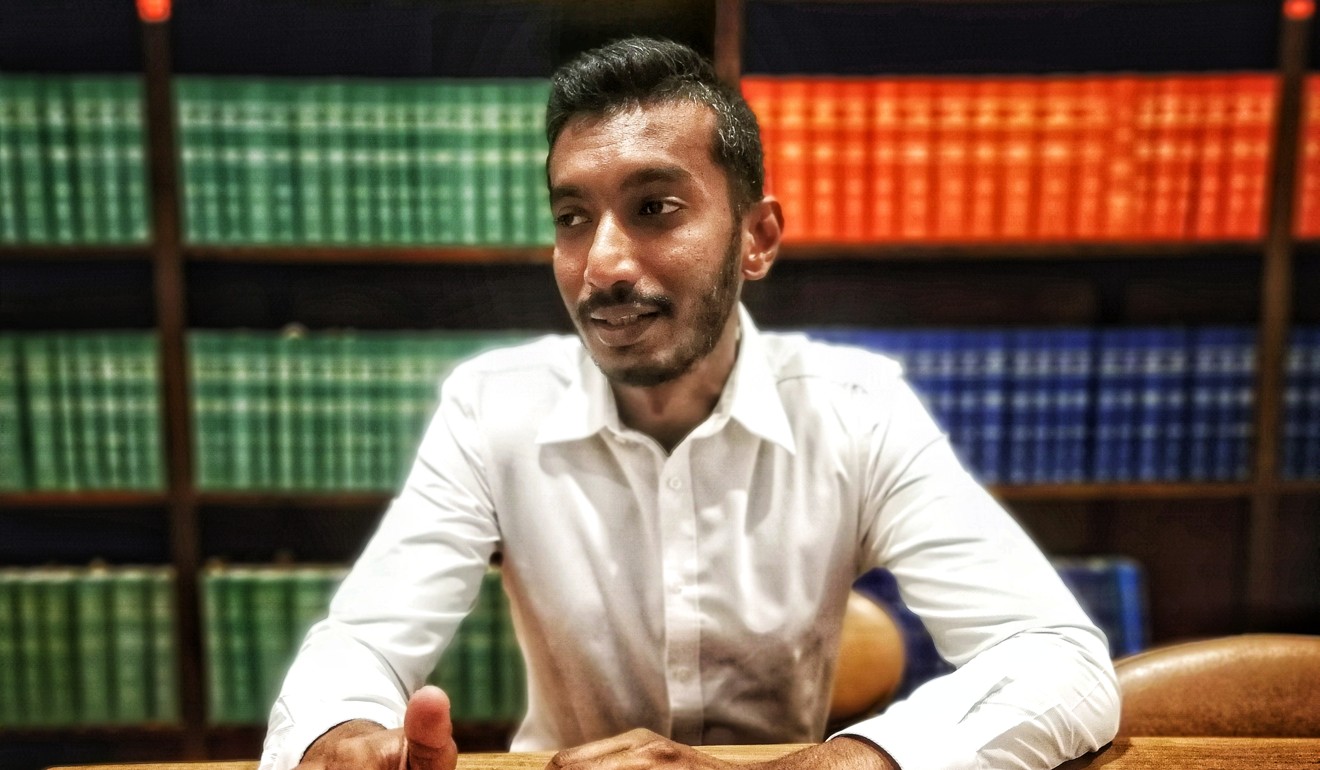By Tashny Sukumaran | South China Morning Post

As Malaysia’s Pakatan Harapan administration reaches the 18-month mark in power, human rights watchdogs have questioned the slow pace of the government’s reforms.
Last year, the government said it had identified 113 laws to be repealed, amended or drafted, including laws that Malaysian civil society had long claimed violated fundamental liberties and international human rights standards, such as the colonial-era Sedition Act and the Security Offences Act.
On Tuesday, Prime Minister Mahathir Mohamad promised to amend the security offences law just weeks after a dozen arrests were made under the legislation.
Admitting the promise was delayed and nothing new – one of his pre-election pledges last May was to repeal a number of laws used to silence dissent among Malaysians – the premier said immediate action was needed on the issue.

In early October, 12 individuals were arrested under the security offences law over alleged links to the now-defunct Liberation Tigers of Tamil Eelam (LTTE), a Sri Lankan Tamil political organisation active during the civil war. Malaysian authorities denied that the arrests triggered the move to amend the Security Offences Act.
Mahathir said the government might not abolish the law entirely, but it would “make changes so that those parts said to be draconian, like arrest and detention without trial, will be amended” to prevent abuse.
Firdaus Husni, chief human rights strategist of the Malaysian Centre for Constitutionalism and Human Rights, said Mahathir’s government had been slow to act on the laws.
“Parliamentary mechanism for checks and scrutiny have not been utilised, and while there is a more open engagement with civil society on proposed law reform, this has been inconsistent,” she said.
“The Pakatan Harapan manifesto talks of introducing a ‘green paper’ as a step towards a meaningful engagement between the government and the civil society, but we have yet to see this in practice.”
Soon after Pakatan Harapan toppled Barisan Nasional at the May 2018 election, the new government placed a moratorium on the use of laws such as the Prevention of Crime Act, the Prevention of Terrorism Act and the Sedition Act.
It also promised to sign several core United Nations rights conventions, including an anti-discrimination treaty.
However, after two days of intersectarian violence broke out last year over the proposed relocation of a Hindu temple near the nation’s capital, the government lifted the moratorium to control the situation.
A month later, it announced it would not ratify the International Convention on the Elimination of All Forms of Racial Discrimination (ICERD) – seemingly in response to pressure from the majority Malay population and opposition politicians, who played on the fear that the treaty would strip the ethnic of special affirmative-action privileges.

More recently, in April the government backtracked on its decision to join the International Criminal Court by ratifying the Rome Statute, citing widespread confusion among voters on the nature of the treaty.
“These moves show that what appeared to be a commitment for law reform is, in fact, nothing more than lip service,” said Firdaus. “The government has the responsibility to ensure national security and the safety of its citizens, but this should not be done at the expense of the human rights of the people.”
Whatever momentum the government had mustered after its electoral victory was lost last year following its U-turn on ICERD, said human rights lawyer Surendra Ananth.
“Since then, the government has been giving in to public pressure. More significantly, no attempt has been made to correct the many inaccuracies surrounding the ratification of these human rights conventions.”

“The government could have handled ICERD and the Rome Statute better by disseminating information on how these conventions are in line with our Federal Constitution.”
The phenomenon of race-and-religion-based opposition parties spreading misinformation in Malaysia is key to why “nothing big will get done”, said political scientist James Chin of University Tasmania’s Asia Institute.
“The core Pakatan Harapan leadership is scared of this opposition combination. In Malaysia, any reforms can be played up as anti-Malay or anti-Muslim, and Pakatan Harapan knows they cannot beat the race-based opposition parties at this game.”
Doubt over who will be the next premier has compounded the issue – current leader Mahathir, 92, has promised to make way for prime minister-in-waiting Anwar Ibrahim before the next elections, but a handover date has yet to be set, creating space for internal dissent and power struggles.

Amnesty International Malaysia executive director Shamini Darshni Kaliemuthu pointed to a “lack of political gumption to introduce meaningful change, including to better engage with civil society actors on improving the human rights agenda”.
She noted that reforms in areas such as protecting and expanding freedom of expression by amending or repealing legislation like the Communications and Multimedia Act and the Official Secrets Act had also not yet been introduced.
Though Mahathir’s government has made some strides – appointing a more racially diverse roster of top civil servants, lowering the voting age to 18 and repealing anti-fake news laws – it could certainly do more, says human rights lawyer New Sin Yew.
“The government’s stance towards these draconian laws have changed since they came into government, as opposed to when they were in opposition. When they were in opposition, they were opposed to these laws on the basis that it is anti-human rights. Now, we hear a different story.”
Playing politics and pandering to right-wing groups would only serve to alienate Pakatan Harapan’s supporters, said New.
“The right-wing groups are going to attack them regardless of what they do, that is their job as the opposition.”



